Binrui Shen
Dynamical softassign and adaptive parameter tuning for graph matching
Aug 17, 2022
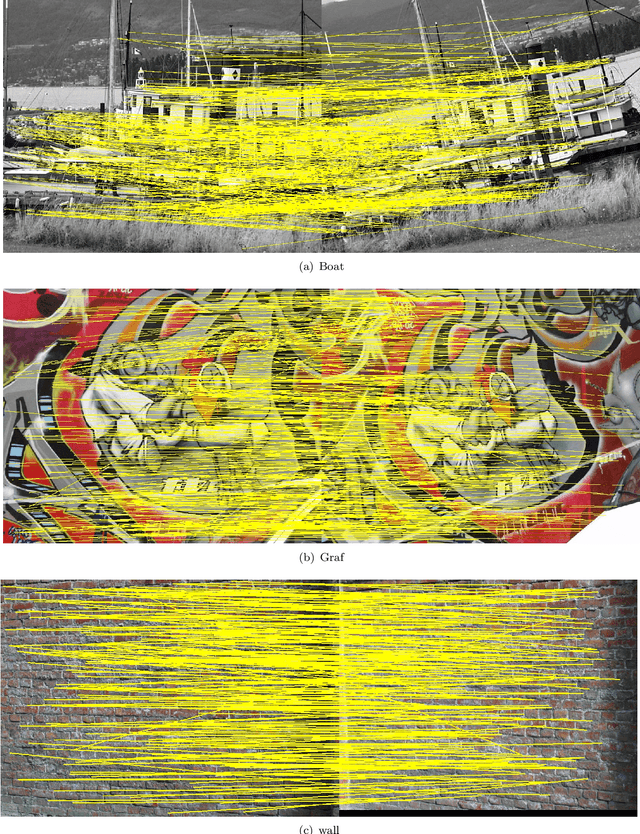
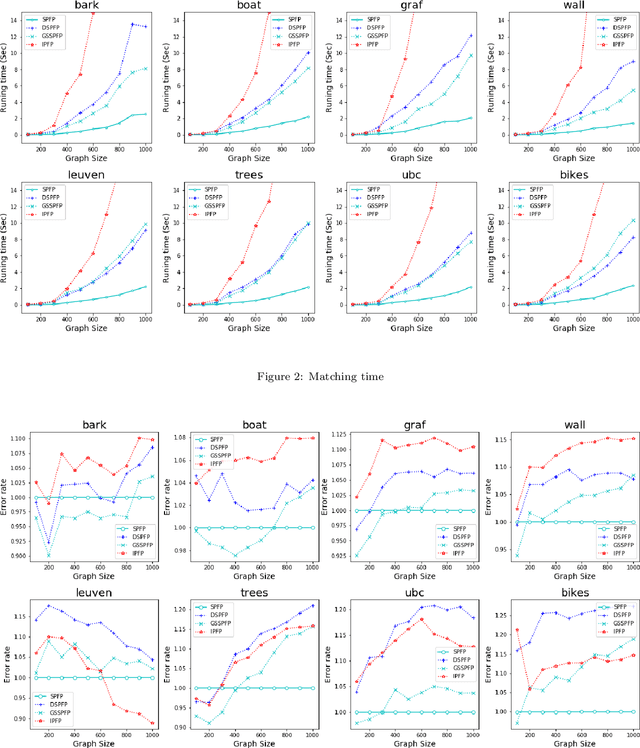

Abstract:This paper studies a framework, projected fixed-point method, for graph matching. The framework contains a class of popular graph matching algorithms, including graduated assignment (GA), integer projected fixed-point method (IPFP) and doubly stochastic projected fixed-point method (DSPFP). We propose an adaptive strategy to tune the step size parameter in this framework. Such a strategy improves these algorithms in efficiency and accuracy. Further, it guarantees the convergence of the underlying algorithms. Some preliminary analysis based on distance geometry seems to support that the optimal step size parameter has a high probability of 1 when graphs are fully connected. Secondly, it is observed that a popular projection method, softassign, is sensitive to graphs' cardinality(size). We proposed a dynamical softassign algorithm that is robust to graphs' cardinality. Combining the adaptive step size and the dynamical softassign, we propose a novel graph matching algorithm: the adaptive projected fixed-point method with dynamical softassign. Various experiments demonstrate that the proposed algorithm is significantly faster than several other state-of-art algorithms with no loss of accuracy.
Fabricated Pictures Detection with Graph Matching
Jan 16, 2020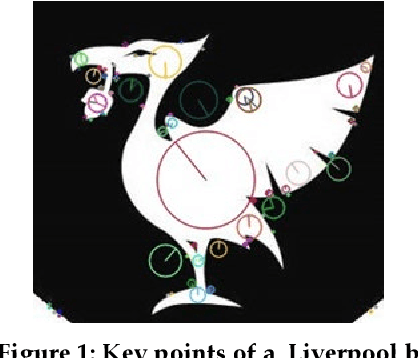
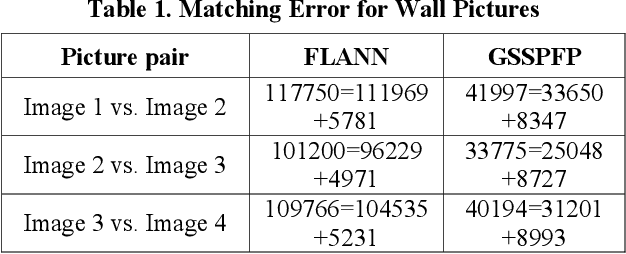
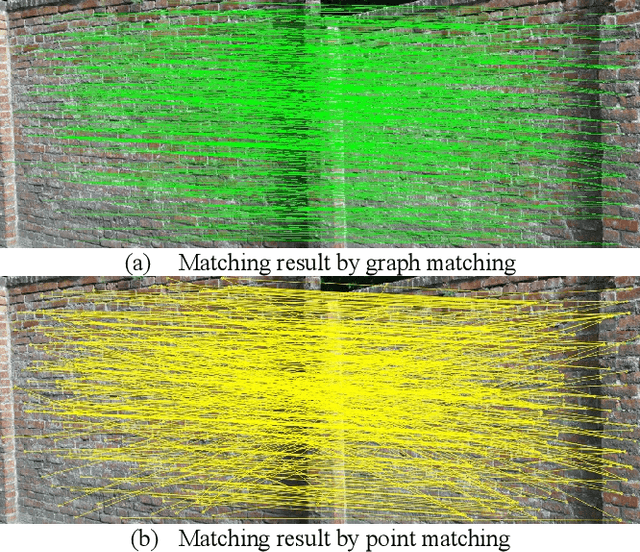
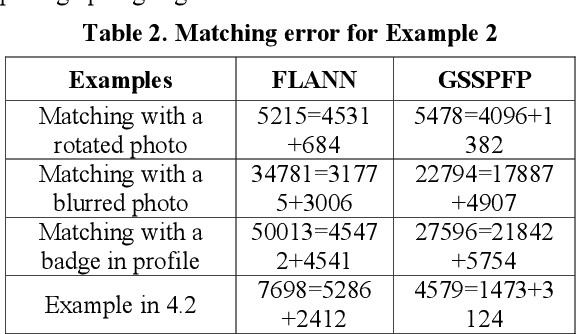
Abstract:Fabricating experimental pictures in research work is a serious academic misconduct, which should better be detected in the reviewing process. However, due to large number of submissions, the detection whether a picture is fabricated or reused is laborious for reviewers, and sometimes is indistinct with human eyes. A tool for detecting similarity between images may help to alleviate this problem. Some methods based on local feature points matching work for most of the time, while these methods may result in mess of matchings due to ignorance of global relationship between features. We present a framework to detect similar, or perhaps fabricated, pictures with the graph matching techniques. A new iterative method is proposed, and experiments show that such a graph matching technique is better than the methods based only on local features for some cases.
 Add to Chrome
Add to Chrome Add to Firefox
Add to Firefox Add to Edge
Add to Edge